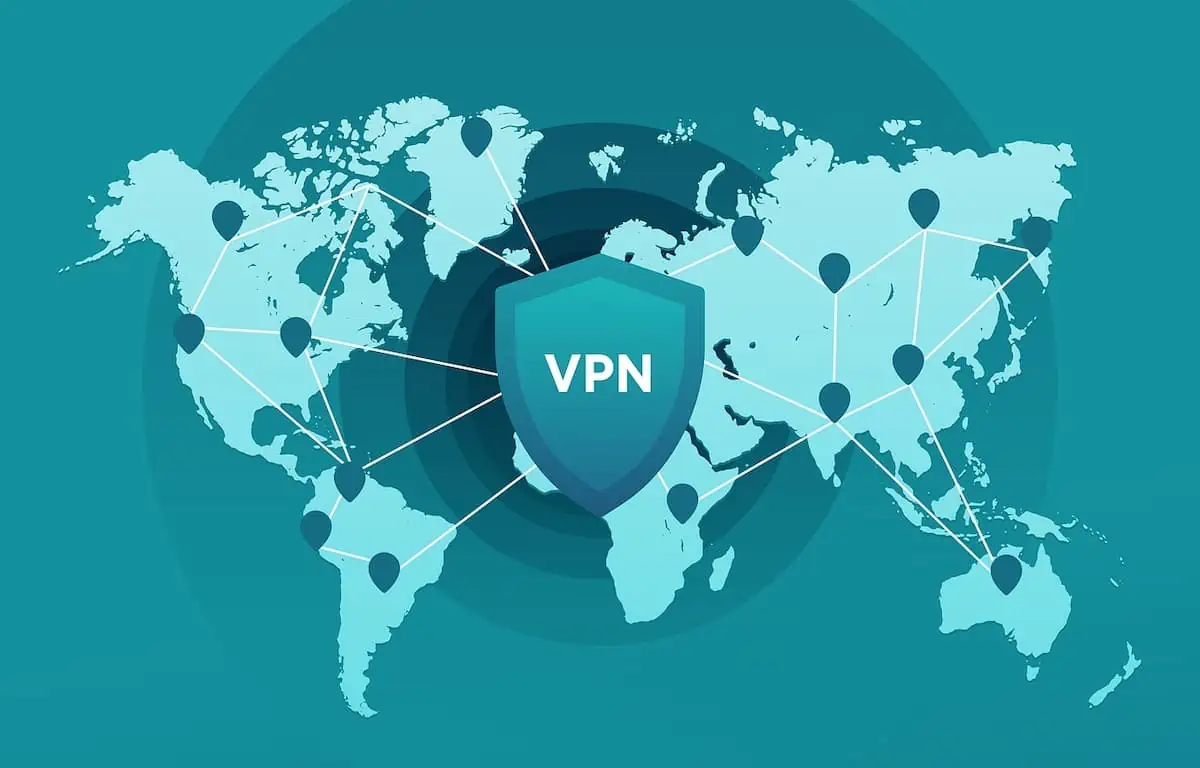Technology continuously evolves, and keeping up with the latest trends may be challenging. Whether you’re beginning a new business or simply upgrading an existing one, examining how technology may assist you is critical.
A VPN, or Virtual Private Network, is a web-based service that establishes a secure connection between two networks via the Internet.
A VPN allows users to access data as if they were in the same place as their workstation, which means that no matter where they are in the globe, they may access all of their information on any device at any time. How may this benefit your business? Continue reading to learn more.
Understanding VPNs
A VPN establishes an encrypted Internet connection between your device and a remote server of your preference.
When connected, all data and web traffic is sent through this encrypted tunnel as an indecipherable string of code, rendering it unavailable to hackers, network administrators, and Internet Service Providers (ISPs). The power to connect to a remote server in another place also hides your actual location and IP address, safeguarding you against virus attacks and other dubious practices like doxing.
A VPN for PC is widely used for connecting to unprotected public networks in locations like airports, libraries, and coffee shops. Hackers frequently utilize rogue access points, which expose your data and allow network administrators to monitor your internet behavior.
On the other hand, businesses are increasingly turning to VPNs to enable secure access for work-from-home and hybrid workers – among other reasons.
Considering a VPN for your business
VPNs are becoming increasingly popular among businesses because they make it easier for them to work with clients from any location. This can assist you in establishing a consumer base in nations where your business would not otherwise be able to thrive.
Customers will also have access to your data anytime they need it, even after hours or on the weekend. You may also use it to allow staff to work remotely and travel freely without fear of corporate data being compromised by hackers anywhere.
As a business owner, you must always maintain your corporate data safe. Whether it’s financial paperwork, client information, or vital documents for staff, you must be cautious about safeguarding everything that may be compromised.
In addition to having excellent anti-virus software, it is critical that your personnel be well-trained in how to protect corporate data from individuals who might wish to steal it. If you still need to get one set up for your organization, there are various factors to consider before choosing if it is the best choice for you.
Making the change
It is difficult to know if making the change to add a VPN to your security repertoire is the best decision. Here are a few primary considerations every business should make when deciding whether a VPN is suitable for your needs.
Scaling your business
If you operate a small but aspirational company with primary intentions to make your products stand out on a global scale, you must also carefully assess your VPN use.
The reason for this is straightforward: utilizing outdated VPN software may make scaling your security efforts in step with business development difficult, posing significant obstacles that may raise the risk of data breaches or cyber fraud.
This issue, however, may be significantly mitigated by choosing a VPN solution that also functions as a hosting service, as this is maintained on a third-party server, allowing consumption to be scaled on the backend.
Employing remote workers
This is the most apparent consideration, as remote workers who use their own private or public networks throughout a regular working day are more likely to expose business data.
Suppose you employ remote employees and use a remote or hybrid working paradigm. In that case, consider utilizing a VPN client or trying a reliable service provider to see if it is right for your business.
Using a dedicated connection
For many years, international corporations with employees in several locations have relied on so-called “dedicated connections,” often known as leased lines.
In this example, an established telecommunications operator would lease an Integrated Services Digital Network (ISDN) to a business, with multiple corporate sites joined into a Wide Area Network (or WAN).
While this is still a standard and historically efficient method of linking numerous corporate sites, it comes at a high expense. This cost rises as the distance between the places grows. This implies it’s not suited for small or start-up businesses – particularly in the present economic context.
Conclusion
Utilizing a VPN for your business may give you the space and peace of mind to concentrate on other matters, such as improving lead generation and SEO rankings.
A VPN can be an excellent option for a more expensive security solution, which might burden your company’s budget. It is simpler and less costly to put up, but it provides some of the same security as a more elaborate system. Even at the office, using a VPN is critical to prevent hackers from accessing your company data.
Article and permission to publish here provided by Logesh Patel. Originally written for Supply Chain Game Changer and published on September 11, 2023.
Cover image by Dan Nelson from Pixabay

